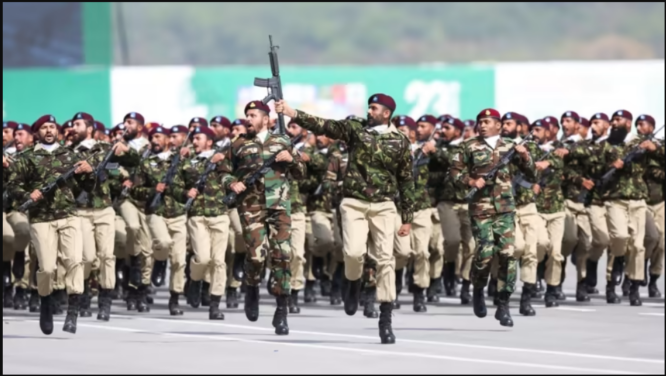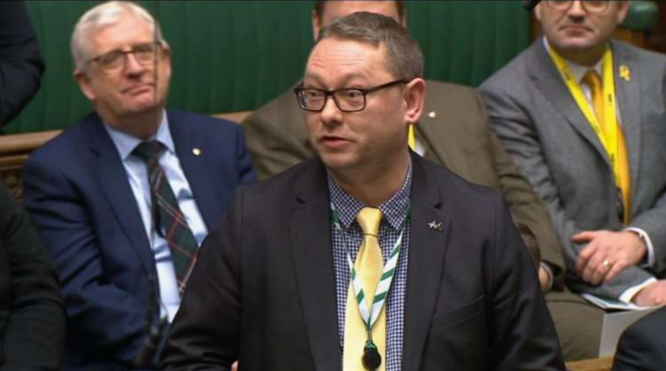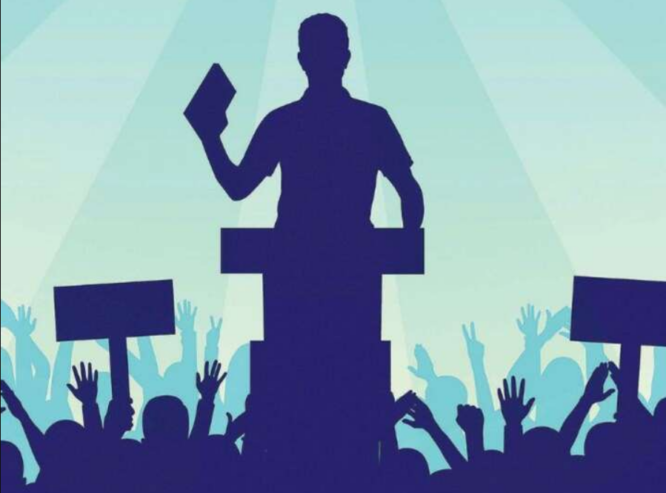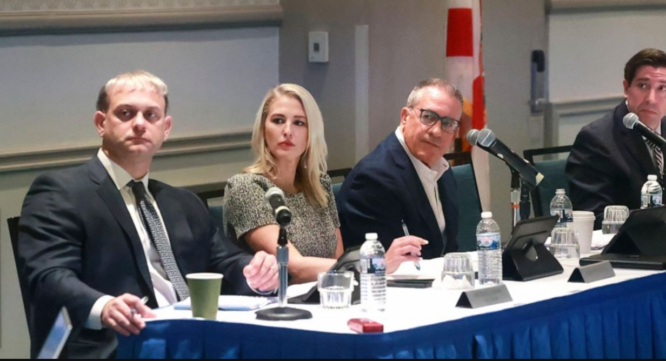The Mushtaq Ahmad Gurmani School of Humanities and Social Sciences at Lahore University of Management Sciences employs politics assistant professor Salman Rafi Sheikh.
Given that neither of Pakistan’s two prior constitutions lasted more than four years, the present constitution’s 50th anniversary is amazing.
The country’s parliament celebrated this milestone last month with a series of “constitutionalism” events, ironic given that Prime Minister Shehbaz Sharif’s administration, parliament, the opposition, Supreme Court, and military are now fighting over constitutional provisions.
Political turmoil is preventing Pakistan from confronting existential challenges like record inflation, debt default, and flood recovery. To resolve this dilemma, the 1973 constitution must be fundamentally reformed.
Muhammad Zia-ul-Haq suspended this constitution four years after its promulgation. His administration then changed from parliamentary to semi-presidential. Later modifications switched authority between parliament and the presidency.
Present day. Pakistan’s political dilemma over provincial elections stems from the 2010 civilian government’s 18th and 19th constitutional revisions, which created an imbalance between parliament, the judiciary, and the military.

Provincial autonomy and parliamentary commission judicial appointments were established by the 18th amendment. The Supreme Court threatened to nullify the amendment, so parliament passed the 19th amendment, making the top justice the chairman of a new committee that could choose justices.
The present stalemate involves bench selection politics.
Chief Justice Umar Ata Bandial leads a Supreme Court faction that supports upholding the constitutional mandate that legislative assemblies hold elections within 90 days after dissolution. The opposition party led by former Prime Minister Imran Khan, Pakistan Tehreek-i-Insaf (PTI), dissolved legislatures in two of the country’s four provinces in January to push Sharif to announce a nationwide election.
Other Supreme Court judges agree with the administration that the 90-day deadline should not be implemented given Pakistan’s dire economic situation.
Pakistan’s current scenario is also due to parliament’s reluctance to constitutionally explain the military’s role in the economy or politics to avoid further interference.
Thus, the military preserves its billion-dollar economic impact and power to topple governments. Last year, Sharif replaced Khan when the army withdrew support.
Supreme Court and military positions might be clarified by constitutional modifications.
After the collapse of dictator Suharto in 1998, constitutional amendments in Indonesia limited the military’s economic power.
Pakistan’s parliament should repeal the 19th amendment for the Supreme Court. The chief justice selects which cases his court will hear, which judges will sit on the court, and which justices will hear a case. Appointment power should be depersonalized.

However, altering the constitution requires two-thirds of parliament, meaning PTI support is needed. Given Pakistan’s divide, this is difficult but not impossible.
Former Prime Minister Shahid Khaqan Abbasi’s Reimagining Pakistan seeks constitutional changes.
Since his “military-engineered” downfall, Khan has advocated for constitutional changes to remove the military from politics.
Despite Khan’s imprisonment this week, interparty engagement looks possible. His arrest in a corruption investigation, which his party calls politically motivated, would only add to the constitutional and Supreme Court debate.
Major parties have collaborated on changes previously. Indeed, 14 political factions in parliament in 2010 had to agree to pass the 18th amendment.
Due to the severity of the situation, a wide political discourse on constitutional amendments is necessary. No party can lead Pakistan’s parliamentary democracy without this.




